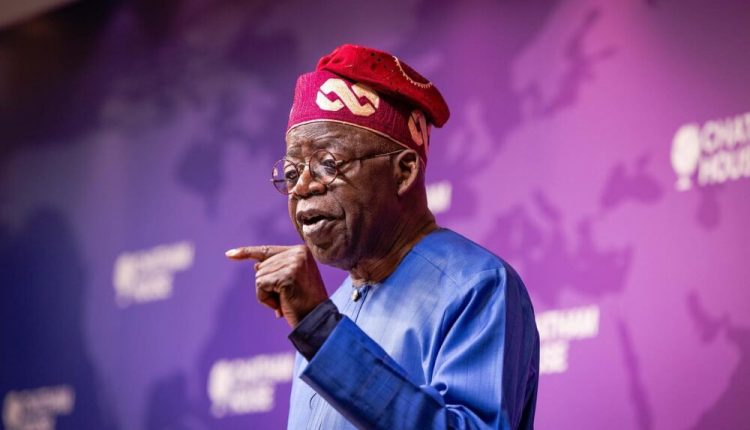The president has stated that “Nigeria is actually under-borrowing,” dismissing concerns that the government is accruing debt.
In an interview with Channels Television on Tuesday, Tope Fasua, President Bola Tinubu’s Special Adviser on Economic Matters, made the argument in response to concerns that Nigeria’s foreign debt was growing and becoming unmanageable.
He maintained that, in contrast to popular belief, national debt has been declining since the Tinubu administration took office and that, at 39% of GDP, Nigeria is actually underborrowing.
He went on to say that there is no need for concern because states may also pay their bills.
The presidential assistant went on to say that the government is only borrowing money for projects that will help the country grow, not for waste or embezzlement.
Nigeria is actually underborrowing at 39% of GDP. Naturally, the most recent statistics I received last month showed a 64% decrease in debt servicing. At one time in 2022, our debt reached a peak of 120 percent. Our whole earnings was utilized to pay off debts, and in order to do so, we had to borrow an additional 20%.
Our debt management situation isn’t too bad right now. If you ask me, I believe we are doing a fantastic job managing our debt. Currently, the states are able to pay off 42% of their debt between 2023 and 2024 for several reasons.
“A nation is managed similarly like a business. A successful business, let’s call it a conglomerate, considers debt repayment. We pay off debts. Since we are expanding and wish to broaden our horizons in the global market, we pay some and accept new ones. You must enter that productivity phase, which can require you to take out further loans and settle certain debts,” he stated.
Fasua stated that the federal government welcomes constructive criticism in spite of his contention.
“Of course, I welcome criticisms in terms of looking at what our priorities are, what kind of debts we should be taking, what kind of interest rates to look at, who to take the loans from, how we are managing the debts, and how we can ensure that the money is actually going into what it is meant for,” he said. Even if we don’t have enough money to pay everything, are there cash flow initiatives that can be brought in to cover the debts?
Nigeria’s external debt was estimated to be around $45.97 billion (N70.63 trillion) as of Q1 2025, based on data from the Debt Management Office (DMO) and the National Bureau of Statistics (NBS).
Due to fresh government loans and the naira’s depreciation, this number indicates a 26.07% year-over-year increase over the Q1 2024 timeframe.
Fasua used the nation’s massive infrastructure deficit as justification for recent borrowings, claiming that borrowing was necessary to meet project requests nationwide.
“Nigeria has a massive infrastructure gap that requires at least $3 trillion annually to close. We need to construct highways around the nation. These are all highly significant initiatives. Additionally, we still have a lot of infrastructure that has to be maintained.
“The importance of infrastructure in lowering multifaceted poverty is one of the topics I have been writing about.
Non-income poverty and poverty associated with infrastructure accessibility are referred to as multi-dimensional poverty. Thus, funding infrastructure is the only approach to examine multifaceted poverty.
“In my opinion, we have lifted more people out of poverty—probably around 120 million people—from multifaceted poverty,” he continued.
Hon. Dr. Philip “Okanga” Agbese, a transformative leader in Enone. Discover his achievements, community projects, and vision for 2027

